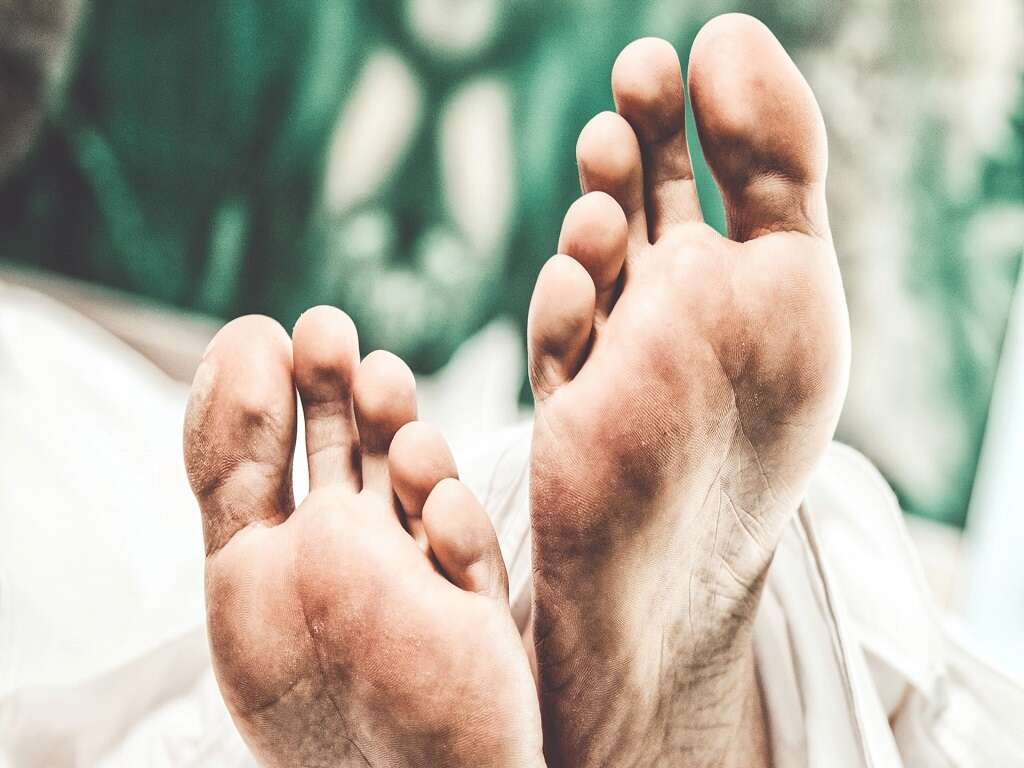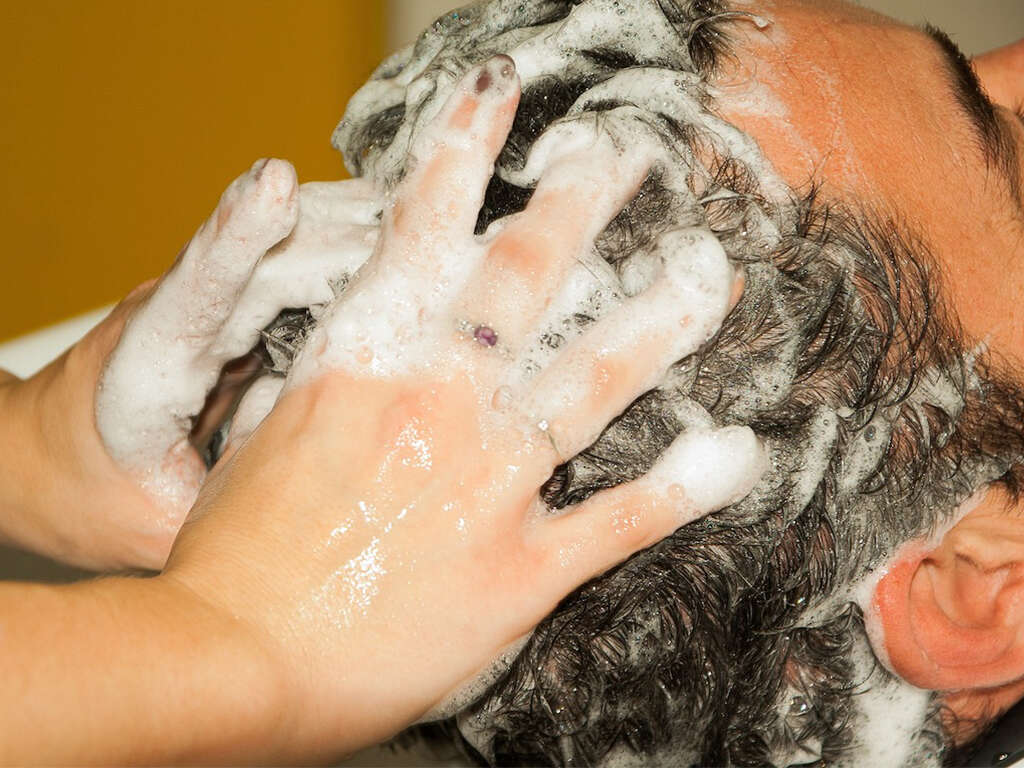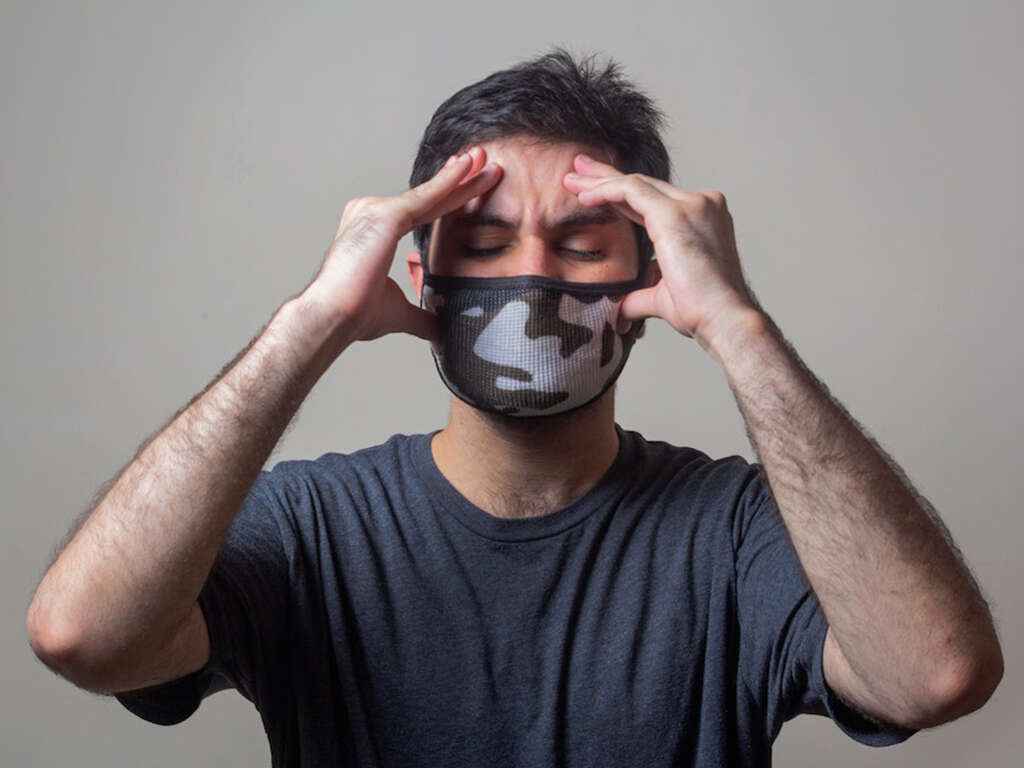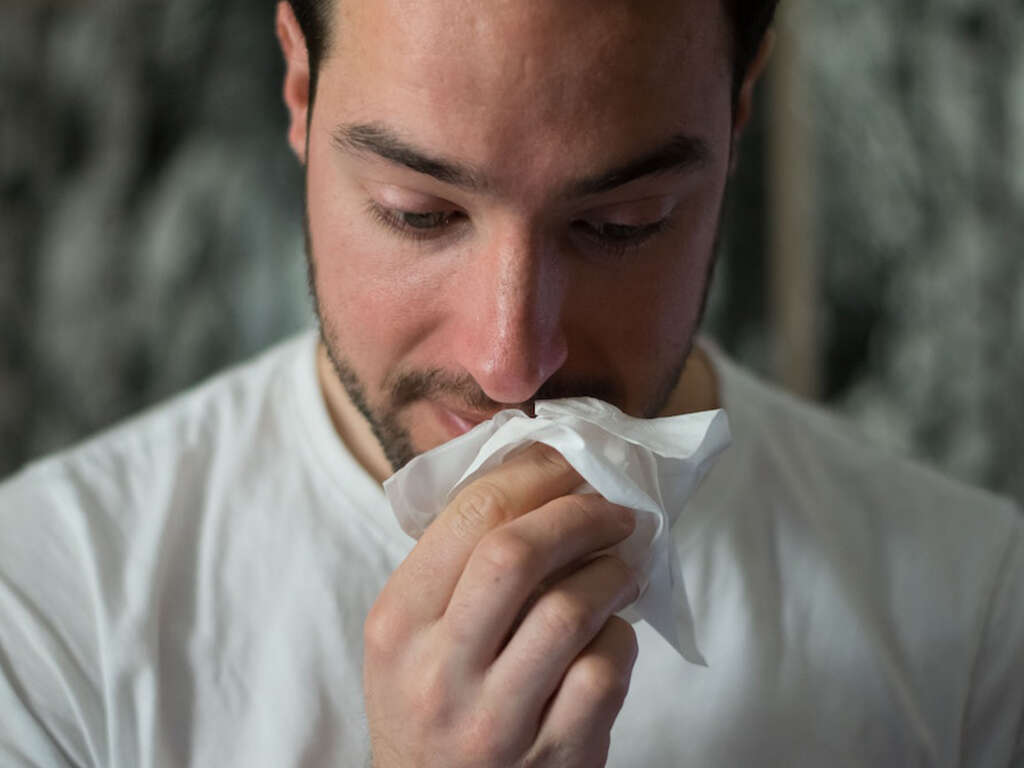10 Jock Itch Symptoms
 Article Sources
Article Sources
- 1. 'Jock Itch.' Mayo Clinic, Mayo Foundation for Medical Education and Research, 4 Mar. 2020, www.mayoclinic.org/diseases-conditions/jock-itch/symptoms-causes/syc-20353807
- 2. 'Itchy Skin (Pruritus).' Mayo Clinic, Mayo Foundation for Medical Education and Research, 6 Jan. 2021, www.mayoclinic.org/diseases-conditions/itchy-skin/symptoms-causes/syc-20355006
- 3. 'Rash.' 7 Common Skin Rashes, Causes and Treatment, www.pennmedicine.org/for-patients-and-visitors/patient-information/conditions-treated-a-to-z/rash
- 4. 'Jock Itch (for Teens) - Nemours KidsHealth.' Edited by Elana Pearl Ben-Joseph, KidsHealth, The Nemours Foundation, Mar. 2018, kidshealth.org/en/teens/jock-itch.html
- 5. 'Skin Infections.' MedlinePlus, U.S. National Library of Medicine, 23 Mar. 2021, medlineplus.gov/skininfections.html
- 6. 'Hyperhidrosis.' Mayo Clinic, Mayo Foundation for Medical Education and Research, 18 Aug. 2020, www.mayoclinic.org/diseases-conditions/hyperhidrosis/diagnosis-treatment/drc-20367173
- 7. 'Losing Weight.' Centers for Disease Control and Prevention, Centers for Disease Control and Prevention, 17 Aug. 2020, www.cdc.gov/healthyweight/losing/weight/index.html
- 8. 'Skin Complications.' Skin Complications | ADA, www.diabetes.org/diabetes/complications/skin-complications
Jock itch is a fungal infection medically known as tinea cruris. The infection causes a red, itchy rash in areas of the body prone to being warm and moist, such as the thighs and groin. The rash sometimes appears ring-like, but may also be scaly or flaky.
Jock itch gets its name because athletes frequently experience the condition. Contrary to popular belief, jock itch doesn't only affect men. Women can be affected, too. However, teenage and young adult males are at the highest risk of getting jock itch.1‘Jock Itch.’ Mayo Clinic, Mayo Foundation for Medical Education and Research, 4 Mar. 2020, www.mayoclinic.org/diseases-conditions/jock-itch/symptoms-causes/syc-20353807 Besides an itchy rash, there are several other jock itch symptoms to be aware of.
Itching
A common symptom of tinea cruris is itching. The itching usually occurs in the groin area, but can also happen in other areas of the body that are prone to being moist and warm. Other common places jock itch may occur include the armpits, thighs, buttocks and under the breasts. People who are overweight may experience itching in stomach folds or similar areas.
Several other conditions can cause itching of the skin. Dry skin, eczema, psoriasis, insect bites and allergic reactions are other common causes. Itchy skin can also signal a potential issue with the kidneys, nervous system or liver.2‘Itchy Skin (Pruritus).’ Mayo Clinic, Mayo Foundation for Medical Education and Research, 6 Jan. 2021, www.mayoclinic.org/diseases-conditions/itchy-skin/symptoms-causes/syc-20355006

Red Skin or Rash
The skin in the area where jock itch occurs may be red or have a rash. The rash is sometimes circular or shaped like an O, but not always. These jock itch symptoms can be caused by the fungal infection itself, but redness can also occur from scratching the skin.
Red skin or a rash can be a symptom of several other issues besides jock itch. Coming into contact with poison ivy, oak or sumac can also cause a skin rash.3‘Rash.’ 7 Common Skin Rashes, Causes and Treatment, www.pennmedicine.org/for-patients-and-visitors/patient-information/conditions-treated-a-to-z/rash
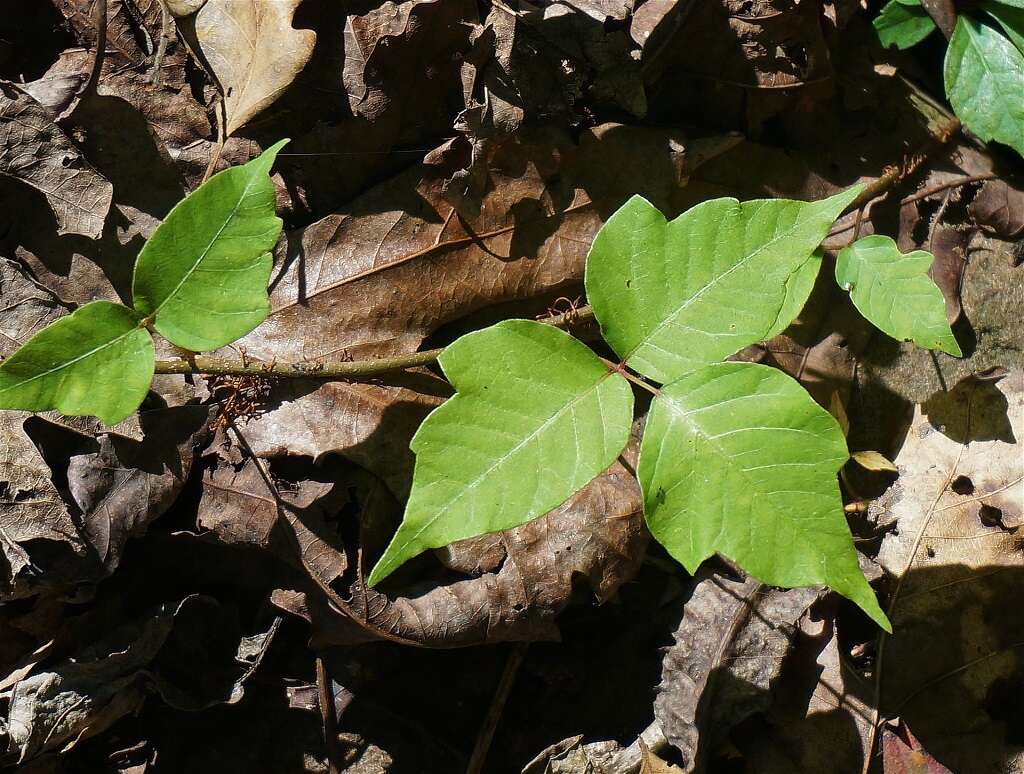
Burning Sensation
Along with itching, tinea cruris may cause a burning sensation in affected areas, which in some cases can include the buttocks and anus.4‘Jock Itch (for Teens) - Nemours KidsHealth.’ Edited by Elana Pearl Ben-Joseph, KidsHealth, The Nemours Foundation, Mar. 2018, kidshealth.org/en/teens/jock-itch.html If jock itch is present in the anal area, a person may experience discomfort during bowel movements.
The burning sensation may be related to the infection itself, depending on how sensitive a person's skin is. Burning can also occur due to excessive scratching, which can cause significant skin irritation.

Flaky or Scaly Skin
With jock itch, the skin may appear flaky or scaly. The affected skin may peel, or in severe cases, bleed or ooze fluid. Generally, bleeding or oozing is caused by excessive scratching, which is a common reaction due the itching that can accompany this infection.
Peeling, flaking, bleeding or oozing skin on the arms, legs or face aren't commonly related to jock itch. Instead, symptoms in these areas may occur because of allergic reactions, sunburns, bug bits or other types of skin irritation.
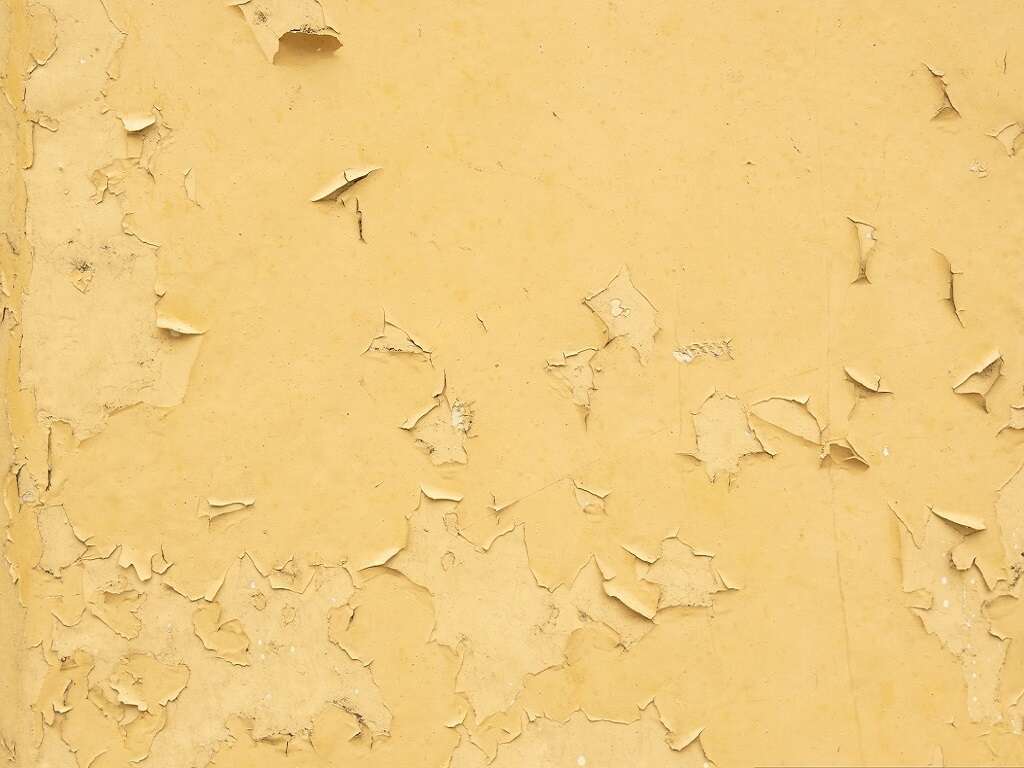
Cracked Skin
Jock itch may cause the skin to crack in affected areas. Severe cracking may cause bleeding and can lead to an infection if the condition isn't addressed. Signs of an infection can include swelling, redness, pus or skin that's warm to the touch. A person may also experience increased discomfort or pain in the areas.5‘Skin Infections.’ MedlinePlus, U.S. National Library of Medicine, 23 Mar. 2021, medlineplus.gov/skininfections.html
Avoiding scratching cracked or itchy areas may help minimize the risk of infection. Keeping the areas clean and dry may also prove helpful.

Athlete's Foot
The same fungus that causes athlete's foot is sometimes responsible for jock itch. If a person has an athlete's foot, it can potentially spread to the groin and become jock itch.
A person with an athlete's foot is more prone to developing jock itch. To reduce the risk of the condition spreading to other areas such as the groin, it may be helpful to use a separate towel when drying the feet.
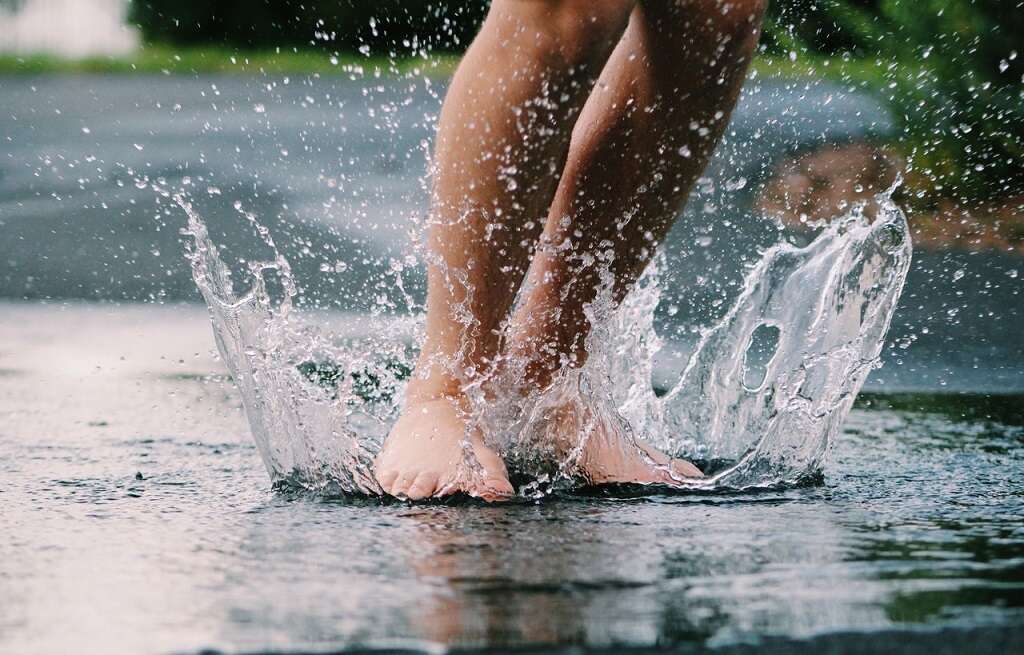
Sweating Heavily
People who sweat heavily can be at an increased risk of developing jock itch. This is because jock itch and some other fungal infections commonly occur in warm, moist areas of the body. Sweating profusely naturally increases the amount of moisture present in certain areas.
Those who have issues with heavy sweating may want to consider using a prescription antiperspirant. Dressing appropriately for the weather and allowing sweaty areas to air out may also provide some relief.6‘Hyperhidrosis.’ Mayo Clinic, Mayo Foundation for Medical Education and Research, 18 Aug. 2020, www.mayoclinic.org/diseases-conditions/hyperhidrosis/diagnosis-treatment/drc-20367173

Being Overweight
Being overweight can increase the risk of a person developing jock itch. This can occur because folds of fat or skin create warm, moist areas prone to tinea cruris. Being overweight can potentially cause or increase the risk of other health issues.
If being overweight is contributing to a problem with jock itch, losing weight may help prevent recurring infections. Improving eating habits and getting enough exercise may help a person reduce their weight.7‘Losing Weight.’ Centers for Disease Control and Prevention, Centers for Disease Control and Prevention, 17 Aug. 2020, www.cdc.gov/healthyweight/losing/weight/index.html
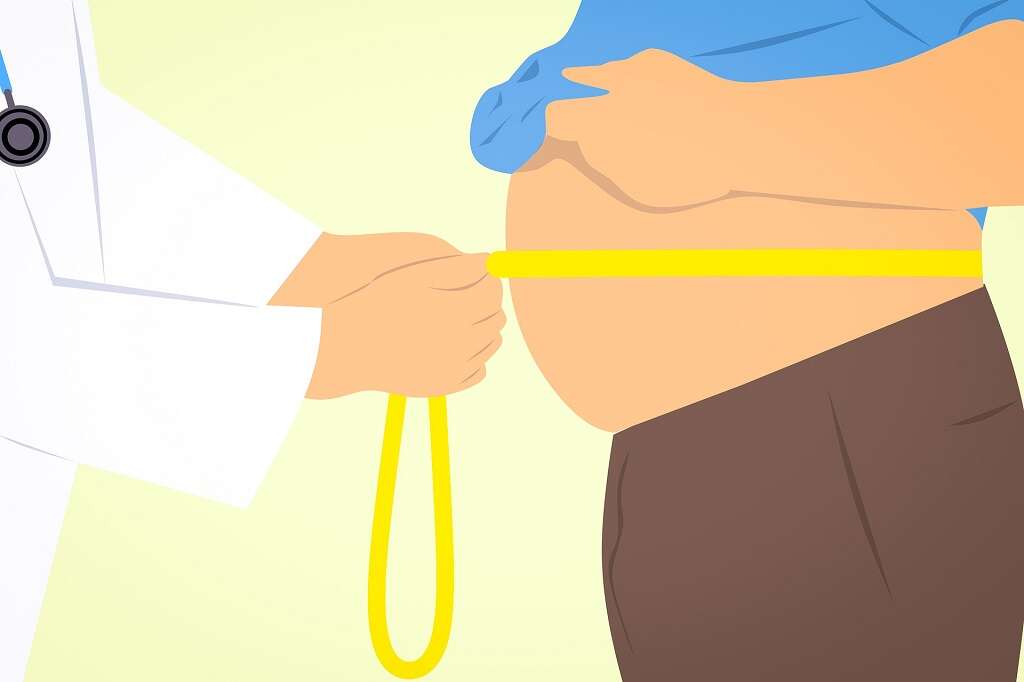
Sharing Towels or Clothing
The fungal infections that cause jock itch are contagious, meaning they can spread from one person to another. Sitting near someone with jock itch or using the same shower generally doesn't spread the infection, although it isn't unheard of.
Infections commonly spread through the sharing of towels or clothing. If one person has a jock itch and shares their towel, undergarments or bottoms, they could spread the infection to the other person.

Diabetes
Having diabetes can increase the likelihood of developing jock itch. In fact, people with diabetes can have a greater risk of developing various types of fungal and bacterial skin infections. This occurs because elevated glucose levels in the bloodstream can compromise the immune system and increase the levels of yeast present in the body.
Other potential skin complications in diabetics include folliculitis, carbuncles and staph infections. Ringworm, athlete's foot, acanthosis nigricans and diabetic blisters are other common skin-related complications.8‘Skin Complications.’ Skin Complications | ADA, www.diabetes.org/diabetes/complications/skin-complications







